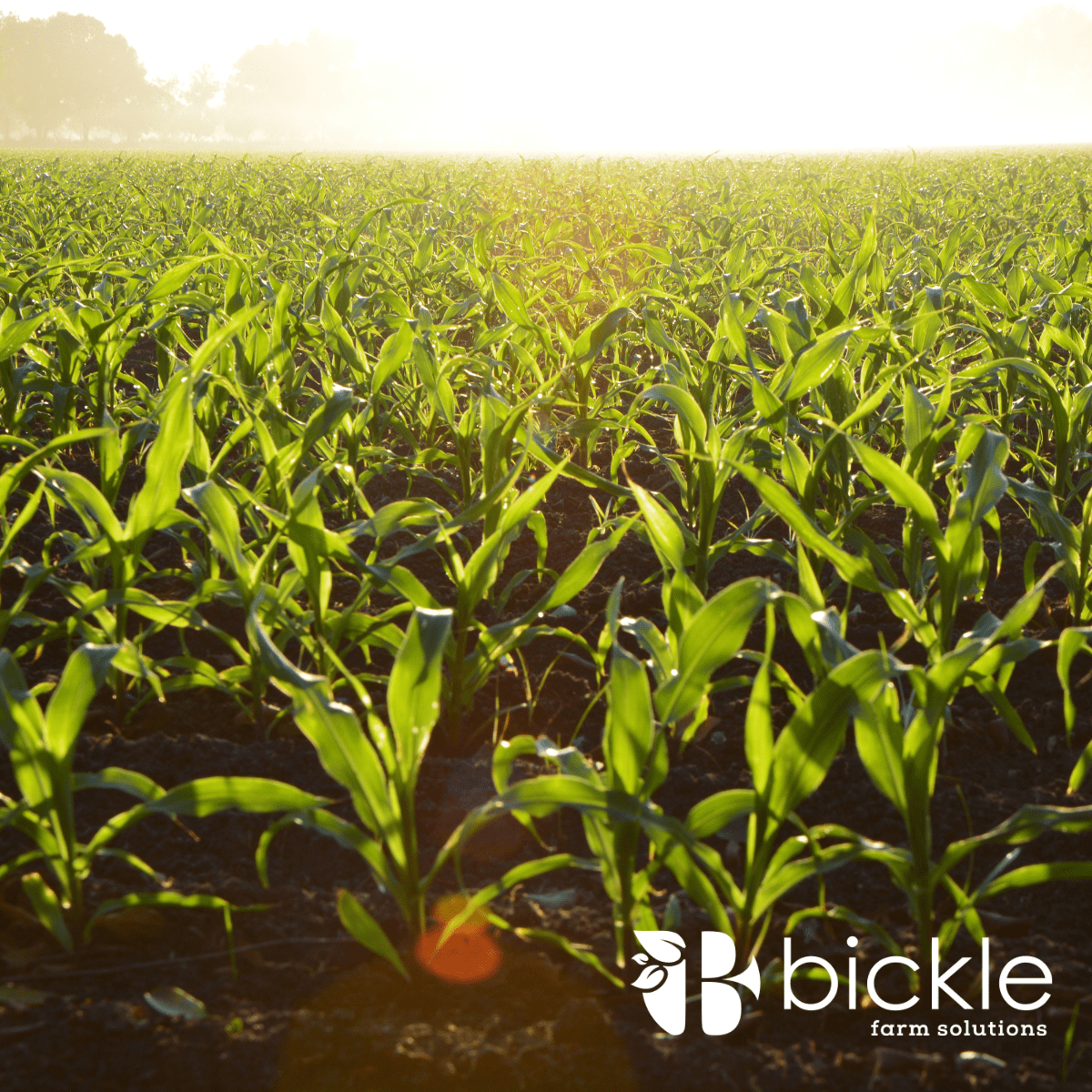
If you’ve been following the news or peering at the thermometer, you know the temperatures have been soaring. I want to discuss what this hot spell means, especially regarding risks and precautions.
To better understand this relentless heat, I recommend reading the full weather update on the Ohio State University Extension – Corn Newsletter. It provides detailed insights into the weather conditions we’re currently facing.
One of the primary concerns during a heat wave is its impact on agriculture. The scorching sun and high temperatures can lead to drought conditions, soil moisture loss, and stress on crops. This affects our local farmers and can lead to increased food prices and security concerns.
As a Risk Advisor, I always stress the importance of assessing and mitigating risks. Here are a few key points farmers and agricultural stakeholders should consider during this heat wave:
- Irrigation Management: Proper irrigation management is essential. Farmers should closely monitor soil moisture levels and adjust irrigation schedules accordingly. Efficient water use is crucial to sustain crops during dry periods.
- Crop Selection: Some crops are more resilient to heat than others. Farmers should consider diversifying their crop portfolio to include heat-tolerant varieties.
- Livestock Care: High temperatures can stress livestock, affecting their health and productivity. Adequate shade, ventilation, and hydration for animals are imperative.
- Wildfire Preparedness: In extremely dry conditions, the risk of wildfires increases. Farmers should have fire prevention and containment measures in place.
- Financial Preparedness: It’s wise for farmers to review their insurance coverage and financial plans to ensure they are prepared for potential losses due to heat-related crop damage.
It’s not just agriculture that’s at risk during a heatwave. Everyone in the community should be aware of the dangers of extreme heat and take precautions:
- Stay Hydrated: Drink plenty of water and avoid sugary or alcoholic beverages.
- Limit Outdoor Activities: Try to stay indoors during the hottest parts of the day.
- Check on Vulnerable Individuals: Keep an eye on elderly neighbors and those with health conditions that make them more susceptible to heat-related illnesses.
- Heat-Proof Your Home: Ensure your home is well-ventilated, and use fans or air conditioning if available.
- Recognize Heat-Related Illnesses: Learn the symptoms of heat exhaustion and heatstroke and seek medical attention if necessary.
While we can’t control the weather, we can certainly control how we prepare and respond to it. The current heat wave is a reminder that climate-related risks are on the rise, and being proactive in our risk management is crucial.
For more in-depth information on the ongoing heat wave and its effects on agriculture, please visit the Ohio State University Extension – Corn Newsletter.

